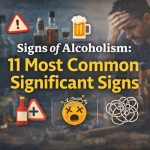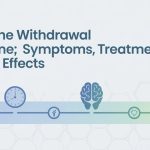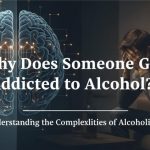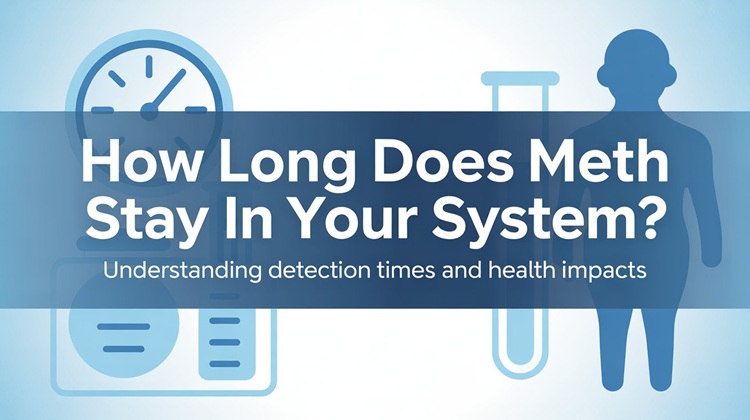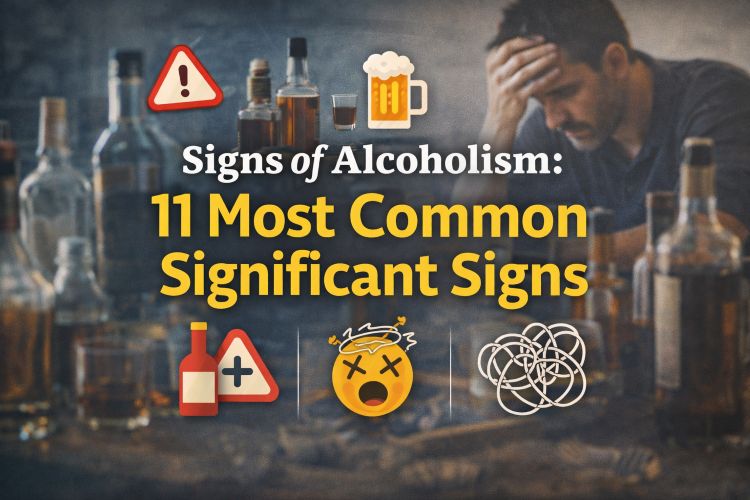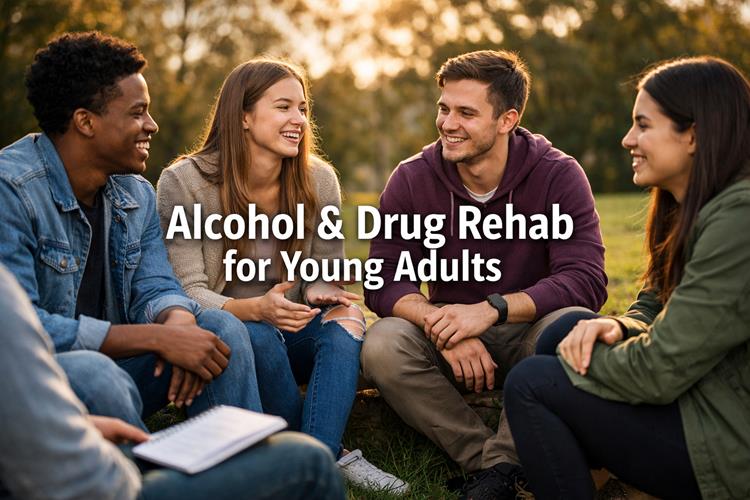Ketamine is an off-white powder, which is a derivative of phencyclidine, better recognized as PCP, and was initially created to be an anesthetic. Though it has health benefits, especially in the management of mental disorders, it has negative effects on the body, especially when abused, it can lead to an addiction to ketamine. This article reveals the causes of ketamine addiction and its consequences and describes ways through which one can seek treatment to overcome this disease.
What is Ketamine?
Ketamine is an undesirable anesthetic that influences the CNS and possesses properties acting on perception, consciousness, and mood. It is widely known from medical usage in the management of pain and anxiety; it has inevitably transitioned to becoming a recreational drug popular within restricted daytime pop and club culture. However, the misuse of the substance results in psychological dependence and other health complications.
Causes of Ketamine Addiction
Therefore, it would be advantageous to comprehensively discuss some aspects that lead to ketamine dependence now that there are cure methods on the market. Given below are several reasons that lead to dependence on ketamine:
1. Recreational Use and Peer Pressure
Ketamine is normally selected as an abused substance in places like discotheques, clubs, and other related social facilities. Specifically, if the youth feels that these people are their friends, she will always see them accompany them ‘to feel high,’ and this will later lead to use, and hence take the substance.
2. Mental Health Disorders
Outpatients with anxiety, depression, PTSD, or other related issues may use ketamine for relief from their symptoms. Even though ketamine offers some benefits when used under medical supervision, the risk arises of engaging in self-administration, which can lead to addiction.
3. Increased Tolerance and Dependence
Ketamine addiction has the same effects as with any other drug; the user develops tolerance and requires more doses to feel the same effects. Over time, the abuser develops psychological dependence, believing that he or she cannot live and function without the substance in their system.
4. Escapism and Emotional Avoidance
Abuse of ketamine is common in some people since they use it as a tool to avoid their problems or as an escape. This can only help in sustaining the addiction since users need repeated states of detachment from the issues affecting their lives.
100% Confidential Support is Available 24/7
No matter what you’re going through, you’re not alone. Our dedicated team is here to provide a safe, judgment-free space where you can talk openly and honestly. Whether you need emotional support, resources, or just someone to listen.
We’re here for you—completely confidential and always respectful of your privacy. Call us today!
Effects of Ketamine Addiction
The physical, psychological, and social effects of ketamine addiction are severe.

1. Physical Effects
- Other side effects include kidney damage, including scars that form due to long-term usage of ketamine, accompanied by ketamine bladder syndrome, which causes severe bladder pain, frequent infections, and may lead to bladder malfunction.
- Memory and Cognitive Impairment: Long-term usage of the drugs may cause short-term memory loss, attention deficit, and poor decision-making.
- Respiratory Problems: At high doses, the substance affects the respiratory system and might even lead to a failure.
- Gastrointestinal Issue: One cannot rule out gastrointestinal issues such as nausea, vomiting, and stomach ache in the consumers of ketamine.
2. Psychological Effects
- Psychological effects of chronic use include chronic use creating severe cases of dissociation, resulting in finding it hard to determine the difference between hallucinations and reality.
- Depression and Anxiety: Though ketamine is used for treating depression, its injurious use has been reported to lead to deterioration of other mental health issues in the future.
- Paranoia and Psychosis: High doses can lead to paranoia, hallucinations, and psychotic conditions, and are not uncommon, and these may continue even after the intoxication has gone.
3. Social and Behavioral Effects
- Loneliness and Relationship Impairment: Drugs come before anything in the life of an addict, and this means that relationships are typically negatively affected.
- Ketamine addiction is another financing problem. Since the habit costs a lot, one may lack money or have to engage in unlawful activities to support it.
- Legal Implication: The purchase and use of ketamine is prohibited in certain states and regions for people who do not have a prescription, and this puts the users at risk of getting arrested.
Contact Palm Coast Treatment Solutions
Battling with Drug and Alcohol Addition? Remember, you are not alone and we are here to help you!
Treatment for Ketamine Addiction
Ketamine dependency can be treated by using a complex system that takes into consideration the physical and the mental aspects of the problem.
1. Detoxification and Medical Supervision
– Detoxification is the initial procedure in the procedure of ketamine addiction treatment that involves the removal of the substance from the system. This process could precipitate what would be described as withdrawal symptoms such as anxiety, depression, and cravings. Medical supervision is necessary because the process of detoxification should be as safe and comfortable as possible.
2. Behavioral Therapy
By definition, therapeutic interventions are very informative in handling addiction cases. Common approaches include:
– Cognitive-Behavioral Therapy (CBT): Assists a person to recognize stimuli and learn good ways on how to cope with them.
– Motivational Interviewing: This is an example that facilitates patients’ self-reflection about what they want to change so that they can embrace their treatment.
– Dialectical Behavior Therapy (DBT): This is a kind of Cognitive Behavioral Therapy that is helpful in the management of emotion dysregulation and employs the use of mindfulness exercises, which might lower the chances of relapse.
3. Support Groups and Peer Support
- The support groups include the 12-step programs, Narcotics Anonymous (NA), and other complementary groups that offer fellowship in recovery.
4. Dual Diagnosis Treatment
- Since many people receiving ketamine are diagnosed with another mental disorder, it is crucial to treat them in a dual-diagnosis program.
5. Holistic and Alternative Therapies
- Almost all addiction treatment facilities offer complementary therapies, including yoga, mindfulness, acupuncture, and artistic therapy.
Overcome Addiction with Palm Coast Treatment Solutions.
Book an appointment.
Finding Help for Ketamine Addiction in Palm Coast, FL
If you are suffering from ketamine addiction yourself or if your relative is, you should seek appropriate medical help. There are different programs offered at Palm Coast Treatment Solutions that are personalized to cater to each client’s unique needs. Our rehabilitation center is highly effective due to medical detox, individual and group therapy, and other forms of treatment.

Ketamine dependency is a severe condition that is often evidenced to have far-reaching consequences on a user’s physical, social, and psychological well-being, amongst others. Knowledge concerning the causes, consequences, and prevention methods can enable one to find support and reclaim his or her life.







